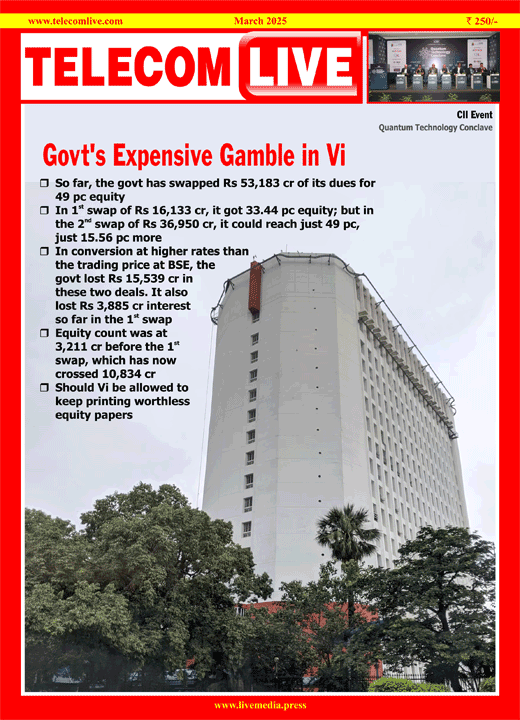GitHub to offer its services in Iran after sanction exemption from US
Open Source repository GitHub has secured a license from the US government to offer its services to developers in Iran.
The Microsoft-owned company will now offer its full range of services in Iran, after imposing restrictions on the platform for Iranian developers due to US sanctions.
“This includes all services for individuals and organisations, private and public, free and paid,” GitHub CEO Nat Friedman wrote in a blog post published on Tuesday.
“Over the course of two years, we were able to demonstrate how developer use of GitHub advances human progress, international communication, and the enduring US foreign policy of promoting free speech and the free flow of information,” he added. The US has long imposed broad sanctions on multiple countries, including Iran.
These sanctions prohibit any US company from doing business with anyone in a sanctioned country.
In 2019, GitHub implemented access restrictions for developers in Iran and several other countries to comply with US sanctions laws.
“All developers should be free to use GitHub, no matter where they live. At the same time, GitHub respects and abides by US law, which means government sanctions have limited our ability to provide developers in some countries the full range of GitHub services,” Friedman said.
Github took its case to the Office of Foreign Assets Control (OFAC), part of the US Treasury Department, and began a lengthy and intensive process of advocating for broad and open access to GitHub in sanctioned countries.
Github said it was in the process of rolling back all restrictions on developers in Iran, and reinstating full access to affected accounts.
“We are working with the US government to secure similar licenses for developers in Crimea and Syria as well,” Friedman informed.
More than 56 million developers are now building on GitHub globally. This includes more than 1.9 billion contributions added and more than 60 million new repositories created, according to GitHub’s annual State of the Octoverse Report.



